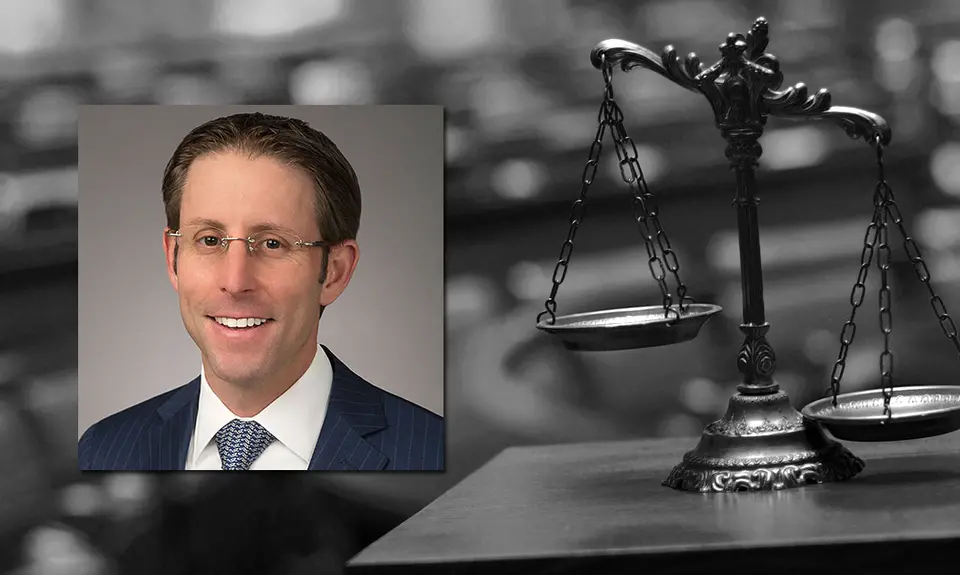“Confirmed Judges, Confirmed Fears” is a blog series documenting the harmful impact of President Trump’s judges on Americans’ rights and liberties. Cases in the series can be found by issue and by judge at this link.
In May 2020, Trump Ninth Circuit judge Daniel Bress dissented in Early v. Key Stone Restaurant Group in which the majority reversed the district court dismissal of a wrongful termination claim by an employee who reported her supervisor for sexual harassment.
Sarah Early, a minor, was an employee at a restaurant operated by Keystone Restaurant Group. She alleged that while working, she was sexually harassed by her supervisor. When she rejected his advances, he reduced her hours. Sarah complained about the harassment. Keystone investigated Sarah’s claim and did find that Sarah was harassed by her supervisor. Eventually, both Sarah and her supervisor were fired.
In April 2016, her father, Jason Early filed suit on Sarah’s behalf in district court for retaliation and wrongful termination. The case went to trial, and the district court dismissed Early’s case for wrongful termination on the ground that it was duplicative of her retaliation claim under California’s Fair Employment and Housing Act (FEHA), which would ‘clearly be likely to confuse the jury.’
Early appealed to the Ninth Circuit. In a 2-1 decision, the majority concluded that the district court erred in its determination that the two claims were duplicative. It reversed the district court’s judgment and remanded the case for further proceedings, explaining that the jury could have found that Sarah was terminated in retaliation for her complaints of sexual harassment, “despite having found that she was not terminated in retaliation for both her participation in Keystone’s investigation and her allegations of sexual assault.”
Judge Daniel Bress dissented, explaining that he does “not believe the record supports the majority’s conclusion that ‘each claim was supported by a different theory of retaliation.’” The majority found, however, that the district court transcript showed otherwise.
